
Similar Posts
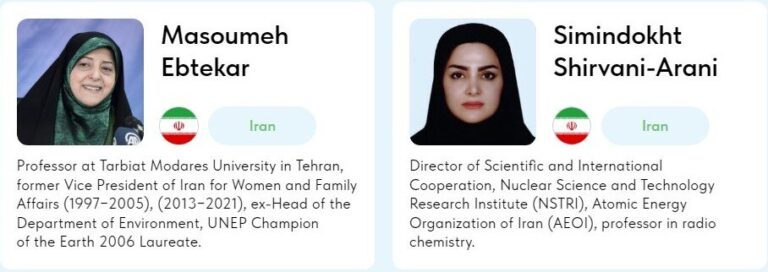
Iranian Women Take Center Stage as Juries in BRICS ‘Green Future’ Contest
The ‘Green Future’ award, the first international recognition for women’s environmental contributions in BRICS countries, will honor impactful initiatives led by women. Evaluated by a panel of 16 jurors, including two Iranian scholars, this competition aims to showcase projects focused on sustainable development and environmental protection. Launched at the IV Eurasian Women’s Forum, it encourages collaboration and knowledge-sharing among women from various nations, addressing issues like climate change and waste management. The award ceremony is scheduled for May 2025, underscoring women’s vital role in fostering a sustainable future and tackling environmental challenges.
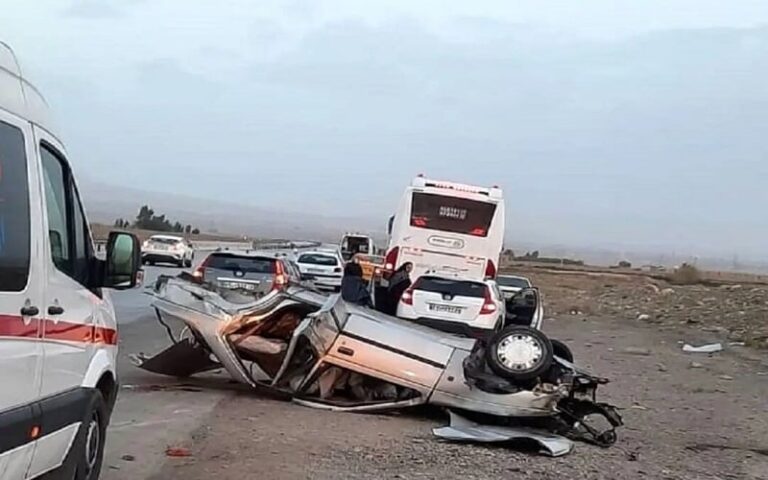
Iran’s Road Safety Crisis: Shocking Surge in Traffic Fatalities Raises Alarm
Iran is facing a severe road safety crisis, with over 20,000 fatalities and around 1 million injuries from traffic accidents reported last year. Minister of Health Mohammad Reza Zafarghandi noted that the death toll is the highest in 12 years, emphasizing the urgent need for improved road safety measures. Economic impacts are significant, costing about 7% of Iran’s gross national income. Most victims are under 50, highlighting the tragic loss of young lives. Concerns over the quality of domestically manufactured vehicles and inadequate infrastructure exacerbate the problem. Urgent action is needed to enhance vehicle safety and enforce stricter traffic regulations.
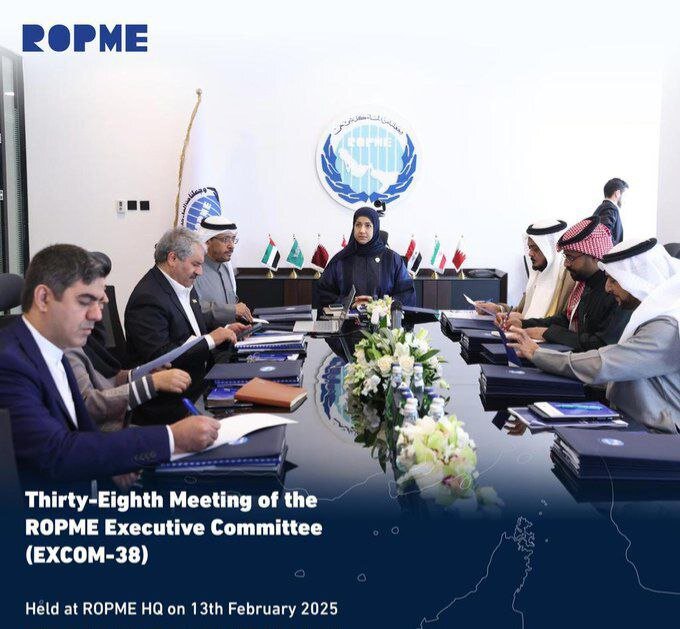
Tehran Urges ROPME to Integrate Sustainable Development Strategies into Strategic Plan
Iran has proposed incorporating the fight against sand and dust storms (SDSs) into the Regional Organization for the Protection of Marine Environment’s (ROPME) strategic plan during the 38th executive committee meeting in Kuwait. Ahmad-Reza Lahijanzadeh from Iran’s Department of Environment emphasized the importance of integrating SDSs into climate change discussions, even if not officially recognized as a separate axis. The meeting addressed Persian Gulf pollution, climate change, and biodiversity preservation, with ongoing virtual meetings planned for further development. Enhanced regional cooperation is essential for effective environmental strategies, aiming to protect marine resources and address climate challenges collaboratively.
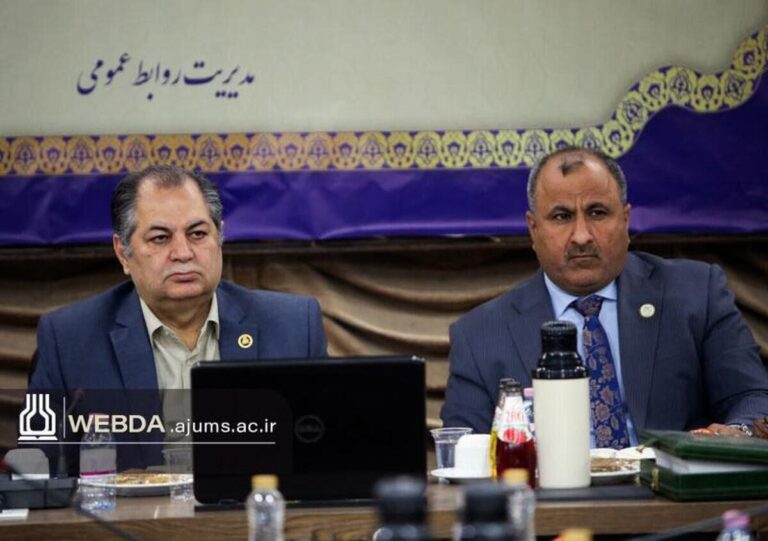
Iran and Iraq Unite: Universities Forge MOU to Strengthen Health Collaboration
Jundishapur University of Medical Sciences and University of Meisan have signed a memorandum of understanding (MOU) to enhance academic collaboration in health between Iran and Iraq. This partnership focuses on several key areas, including exchange programs for professors and students, joint educational courses, collaborative research projects, and scientific publications. Additionally, the MOU aims to boost health tourism, facilitating Iraqi patients’ access to Iranian medical facilities. Both universities expressed enthusiasm for the agreement, which is expected to strengthen educational and research ties. This initiative reflects broader efforts to improve health cooperation and educational opportunities within the region.
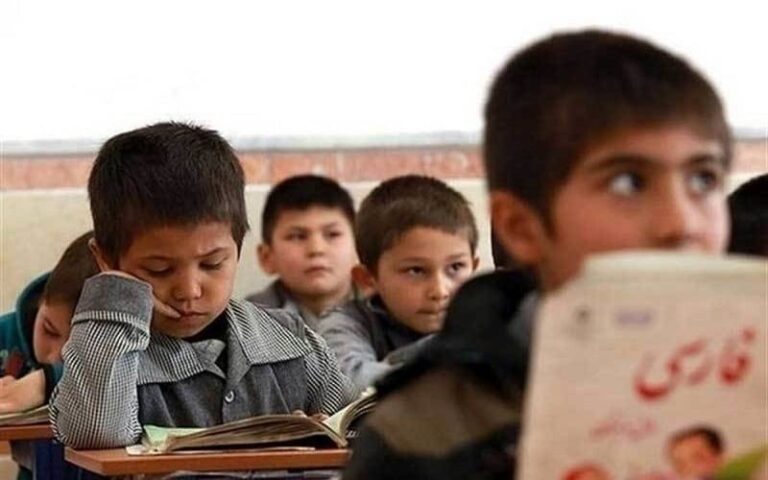
Unveiling the Hidden Costs: The Untold Truth About Public Education in Iran
A viral video in Iran has reignited debates about the monetization of public education, showcasing a confrontation between a school principal and a father facing expulsion of his child due to unpaid tuition fees. Despite official claims that public education is free, many schools demand significant payments, often risking expulsion for non-compliance. This practice contradicts Iran’s Constitution, which mandates free education. Recent statements from officials downplay the issue, but evidence suggests widespread fee collection occurs with governmental approval. Financial constraints lead to student dropouts, while funds are diverted to ideological indoctrination, underscoring the urgent need for educational reform in Iran.
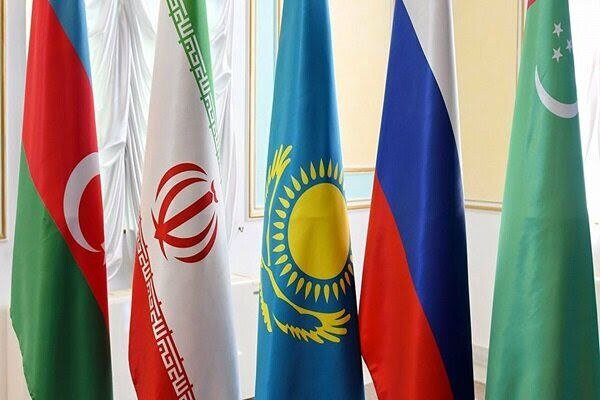
Iran Poised to Strengthen Health Partnerships with Caspian Nations
At the third Caspian Economic Forum in Tehran (February 17-18), discussions emphasized enhancing health sector cooperation among Caspian Sea coastal states, including Iran, Kazakhstan, Russia, Azerbaijan, and Turkmenistan. The forum aimed to strengthen economic and trade partnerships, focusing on healthcare, energy, finance, tourism, and logistics. Iranian officials highlighted the country’s health sector capabilities and the importance of collaboration in areas like medical education and disease control. President Masoud Pezeshkian praised Iran’s health system as a regional model, while WHO officials expressed interest in cooperation. Key priorities include completing the Family Physician Program and addressing rising non-communicable diseases.